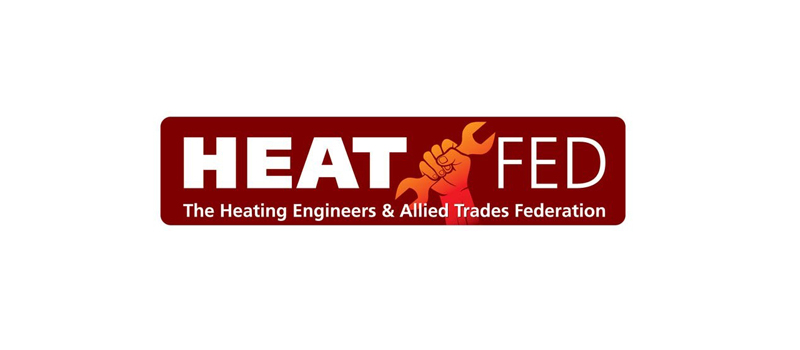
The EU Commission has acknowledged the shortcomings of its Energy labeling requirements but still misses the real point, says HEAT FED.
As far as the Commission is concerned, it admits that:
- The introduction of A+ and higher classes under the 2010 Energy labelling Directive reduced the effectiveness of the energy label in motivating consumers to buy more efficient products.
- Some of the pictograms used to represent other parameters in the label are also difficult to understand.
- Weak enforcement by national market surveillance authorities contributes to noncompliance.
- In terms of efficiency, the rule-making process is too long (on average 49 months), sometimes leading to outdated technical and preparatory work at the time of policy decisions.
- For a number of products, the lower classes of the energy label are unpopulated, because eco-design measures have banned low performing models and manufacturers have responded to technological progress by making ever more efficient products. Without a full A-G comparison the relevance of the label to consumers is undermined.
- From media coverage in recent years, it is clear that the benefits of the policy have not been sufficiently communicated.
So they are rewriting the rules – now there’s a surprise! Now, back to the elephant in the room – we are all consumers, aren’t we?
When we go to purchase items covered by energy labeling, the purchases are, in the majority, distressed purchases – i.e. the boiler, fridge cooker, etc. has gone wrong and are beyond economical repair. As consumers, we all have limited budgets for such purchases and, as such, the key point of purchase decision is cost vs value for money – something very much unaccounted for in the Commission report.
This report is published at a time when heating engineers are preparing themselves for the 26th of September when Energy Labelling becomes a legal requirement for them to have to deal with as well.
The report and draft proposals can be found here: ec.europa.eu













